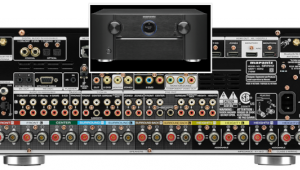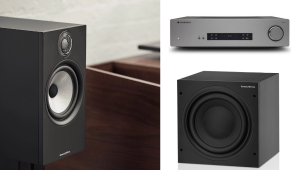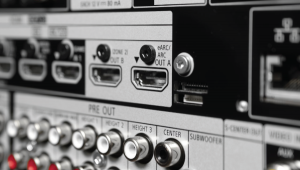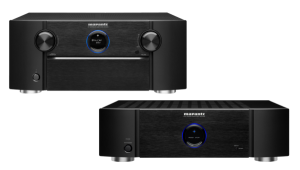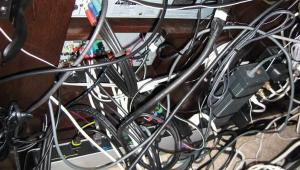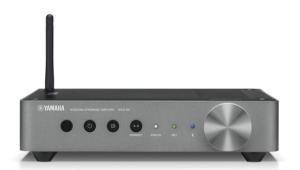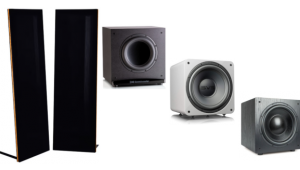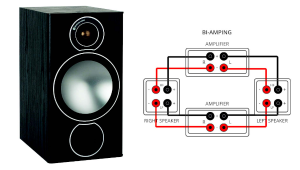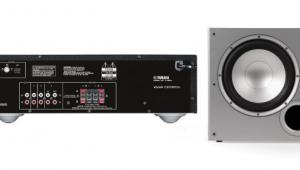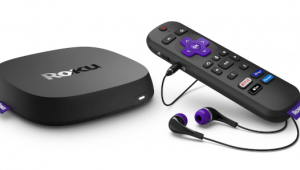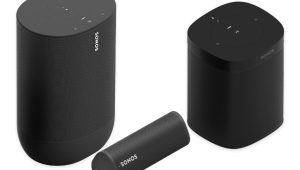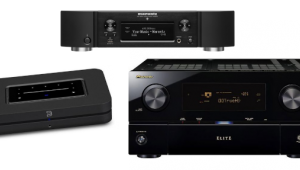Hi-Res Conundrum: Should I Go for 24/192 or Is 24/96 All I Need?
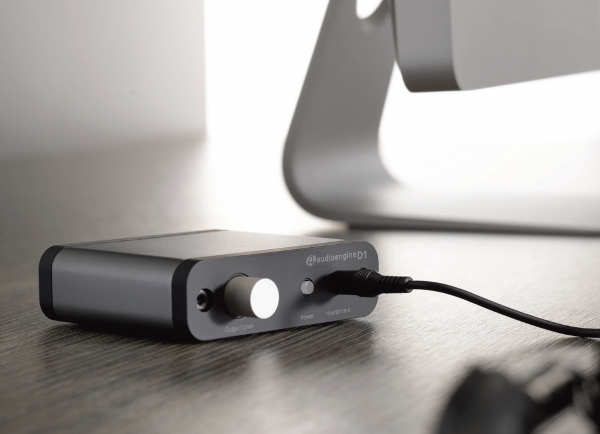
Q I have a vintage stereo and recently bought an Audioengine D1 external DAC so I can connect my laptop to it for music streaming. The Audioengine is probably a starter unit, but I’m just starting. The DAC supports decoding of 24-bit/96kHz signals via its USB input and 24-bit/192kHz via its optical digital input. Here’s my question: Much of what I read online seems to indicate that 24/96 is all I need, while other opinions state that I’m a moron if I don’t go for 24/192. What I’m trying not to do is buy a car that goes 170 mph when the speed limit is well below that. —Phil Smith, via email
A Your hardware setup should be perfectly adequate if your plan is to use Tidal Hi-Fi for streaming. Having said that, there are a few details about Tidal’s handling of hi-res audio that I should mention.
The Tidal Windows/MacOS desktop app supports hi-res playback via MQA, an audio codec that packs high-resolution audio into a standard resolution file size using an “origami” technique that “folds” high-frequency information into lower frequencies. During playback of MQA-encoded files, which are labeled “Masters” in the Tidal library, the app does the first origami unfold for resolutions up to 24/88.2 or 24/96. To unfold higher-resolution content — 24/192, for instance — an MQA-capable external DAC is required.
Since your Audioengine D1 DAC isn’t MQA-capable, the bottom line is that 24/96 playback is the best you can expect from Tidal Masters files. For many listeners, that should be sufficient to satisfy their hi-res audio craving. But if you do feel a need for even higher-resolution capability, Qobuz offers streaming of up to 24-bit/192kHz files in FLAC format that don’t require a special DAC for decoding.
Of course, your DAC supports only 24/96 playback via USB, so there’s the issue of how to make an optical digital connection to the Audioengine D1 from a computer. Certain MacBook Pro, iMac, and Mac mini computers introduced between 2013 and 2015 feature a 24/192-capable optical digital output, so using one of those models would be an easy solution. Otherwise, a search for a “USB-to-optical digital converter/adapter” on Amazon.com will turn up multiple hits, though there isn’t a specific model I can recommend.
